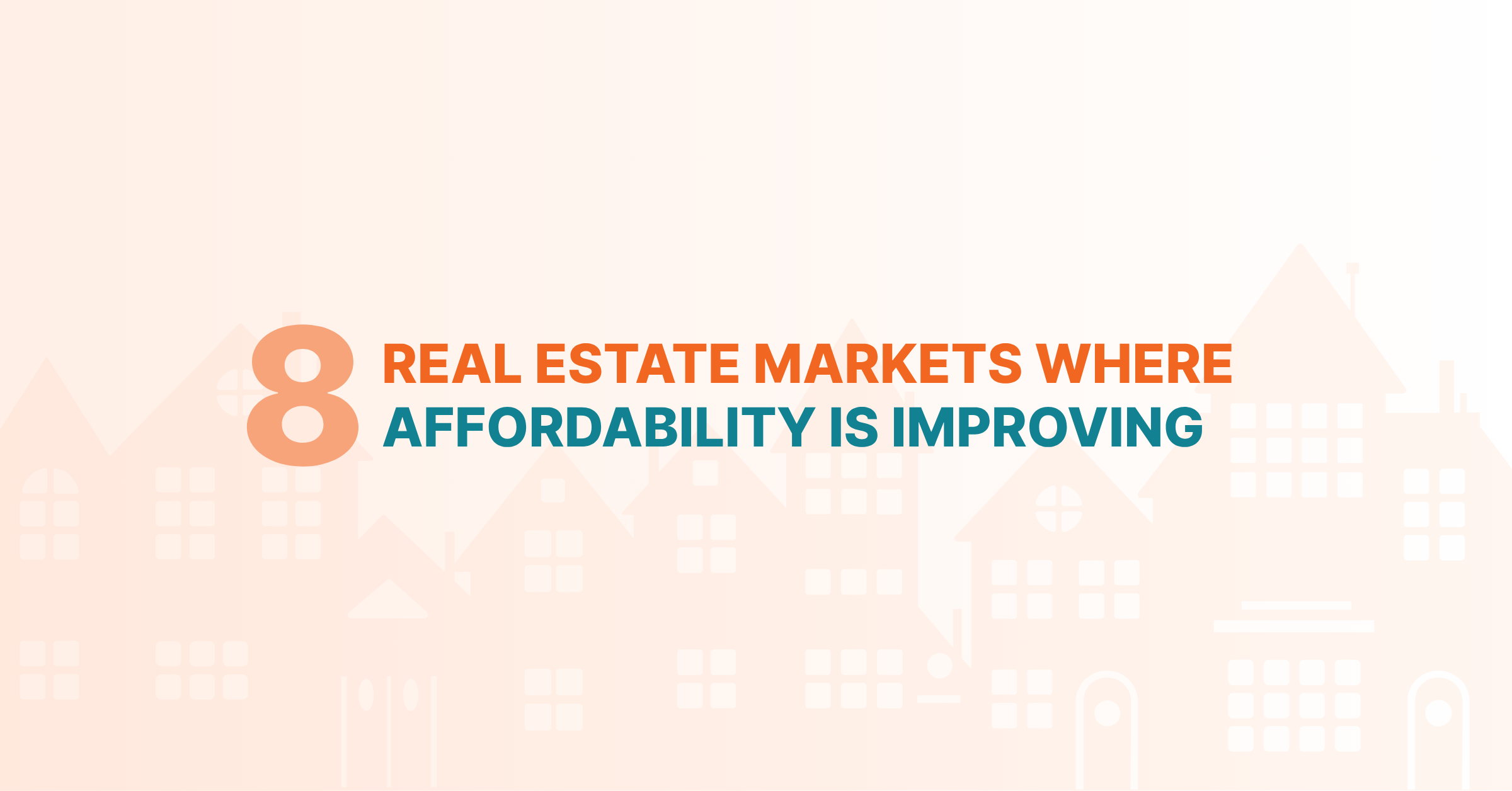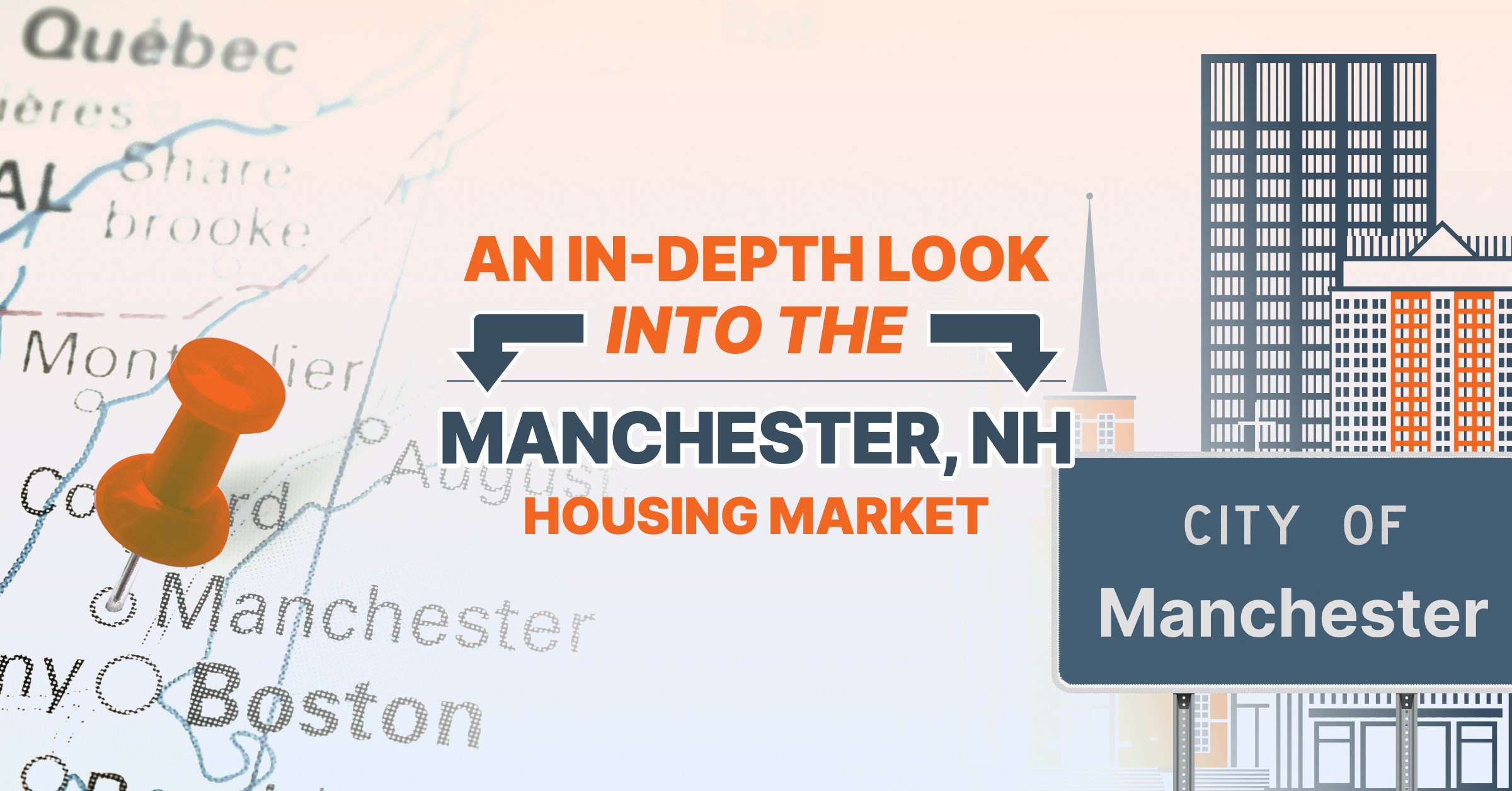In June 2020, the National Bureau of Economic Research (NBER) officially announced that the recession caused by the COVID-19 pandemic had begun in February. Homeowners nationwide wondered what this new recession would mean for the housing market. While real estate experts knew the COVID recession would be different from The Great Recession (which originated in the mortgage industry), very few people expected the housing market to grow at such an impressive rate through 2020.
Here are three reasons why the housing market is growing despite the recession.
Low Interest Rates Are Fueling Buyer Demand
With each new month of 2020, interest rates hit a new record low. And with 30-year fixed mortgage rates under 3% at the end of 2020, buyers are heavily incentivized to purchase homes despite the financial uncertainty of the COVID recession.
First-time buyers, upgraders and investors are all taking advantage of these low interest rates, and housing inventory can’t keep up. Just look at the average time it takes a home to sell in 2020 compared to 2019. Realtor.com reports that homes spent an average of 58 days on the market in November 2020, which is over 18% less than in November 2019. This high demand and low supply are driving home values up.
Investors are using smart tools to find the properties and neighborhoods with the best ROI during this period of historic interest rates. PropStream’s property finder and neighborhood comparison tools give investors an edge in locating good deals. And with PropStream’s analytics, investors can take advantage of emerging neighborhoods and housing market trends.
Homeowners Are Upgrading to Larger Homes in the Pandemic Era
Buyers in 2020 have a different wish list than buyers in recent years. Before the pandemic, one of the biggest buyer criteria was workplace proximity. Buyers wanted to save themselves from excessive commute times. But with so many people working from home in 2020, and many businesses exploring the possibility of permanent work-from-home arrangements, today's buyers are more concerned with home offices than with commute times to a central office.
Buyers are now looking for larger homes with office space (perhaps for more than one worker). Outdoor space is also in demand as people look to avoid public areas during the pandemic. Because suburbs and rural areas are more likely than cities to have spacious homes with outdoor space, this shift in buyer needs has boosted housing markets outside the cities.
The Current Recession Disproportionately Affects Lower-Income Earners
Sadly, the COVID recession has impacted lower-income earners more severely than mid-to-high-income earners. While there are some exceptions, hourly workers (like retail clerks) and tip workers (like servers and tour guides) have been more affected by economic closures than white-collar office workers. This means that those with the greatest financial need are also those who have taken the greatest financial hit due to the COVID recession.
From a purely economic point of view, this disproportionate hardship pushes the housing market upward. The people most impacted by this recession were unlikely to be in the market for a home even without the COVID-19 outbreak. And many of those who qualified for a mortgage pre-pandemic were able to shift to working from home while maintaining their income and their ability to buy a home.
Thanks to low interest rates, shifting homeowner needs and stable employment for those most likely to buy property, the housing market has performed well throughout the 2020 recession and looks promising as we enter 2021.



